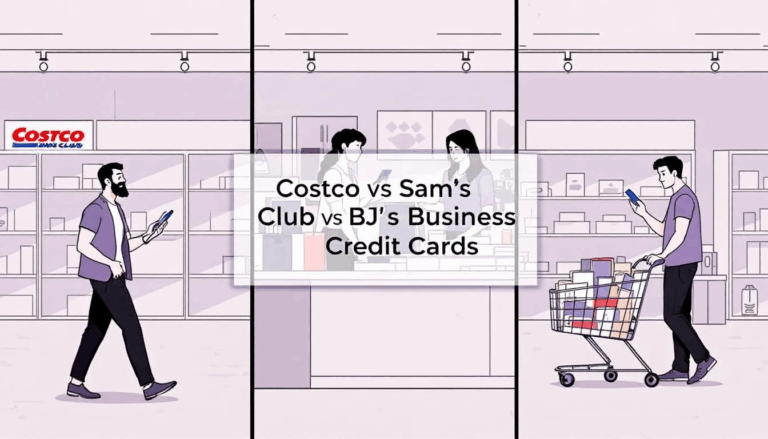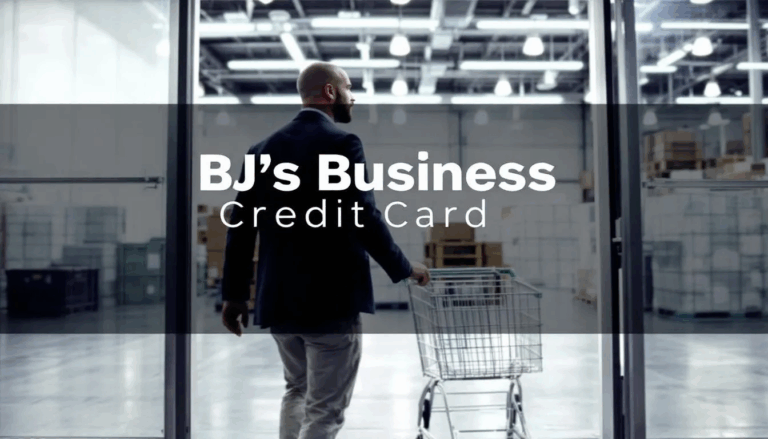

Each wholesale club’s card excels for a different type of business. Costco’s program is best suited for companies with heavy travel and dining budgets, Sam’s Club is ideal for fuel-intensive operations, and BJ’s is the most rewarding for frequent in-store buyers with smaller-ticket purchases.
Choosing the right card isn’t just about which wholesale club is closest to your business—it’s about

Running a small business means keeping expenses in check while still stocking up on the necessary supplies to operate smoothly. For many owners, wholesale clubs like BJ’s Wholesale Club offer significant savings by allowing bulk purchases at discounted prices. To make those savings go further, BJ’s also provides its own line of business credit cards, which reward you for BJ’s

A tradeline is any credit account that appears on a credit report. In personal finance, this could be a credit card account, an auto loan, or a student loan. In the business world, business tradelines encompass vendor accounts, business credit cards, installment loans, and revolving accounts associated with your company.
So, how long does it take for tradelines to appear

Chime is a financial technology company that offers personal banking services through a user-friendly mobile platform. While it offers banking features similar to traditional banks, it is not a bank. Instead, it partners with FDIC-insured institutions: The Bancorp Bank and Stride Bank. This partnership ensures account holders receive the same level of deposit insurance as they would with a traditional

A business bank account is a financial account used to manage a company’s funds. Unlike a personal checking account, a business account separates personal and professional finances, essential for accurate recordkeeping, tax reporting, and liability protection.
ChexSystems is a consumer reporting agency governed by the Fair Credit Reporting Act. It collects data on closed bank accounts, unpaid overdraft fees,

Funding a business startup can be challenging, but it’s not impossible. Many entrepreneurs are able to secure financing through various methods.
But the lowest cost option for business owners are SBA loans. It’s difficult to qualify for SBA loans, especially as a startup, but the SBA Microloan was designed for just that purpose.

Assigning receivables is best for small businesses that growing rapidly and need working capital but can’t qualify for traditional loans. It carries high-interest rates, but the cost could be worth it if it keeps your business afloat.

Accounts receivable management is a crucial part of selling on credit. Businesses benefit from selling on credit because it expands their customer base, but they must be careful to avoid losing money.
Effectively implementing A/R management strategies helps companies reduce errors, accurately bill customers, and improve payment collection.

Invoice factoring is best for small businesses that need working capital and have reliable customers. Factoring invoices costs run high, but it’s worth it if it keeps your company afloat.
It’s essential to know the costs before signing a factoring agreement. Ensure you run the numbers and see what makes the most sense for your business.

Receivables factoring is best for small businesses that need immediate working capital to cover expenses. It’s more expensive than traditional financing but easier to qualify and lets you access the assets in A/R sooner than waiting for your customers to pay.
When selecting an invoice factoring company, check out customer reviews and look for transparency. You want to avoid any